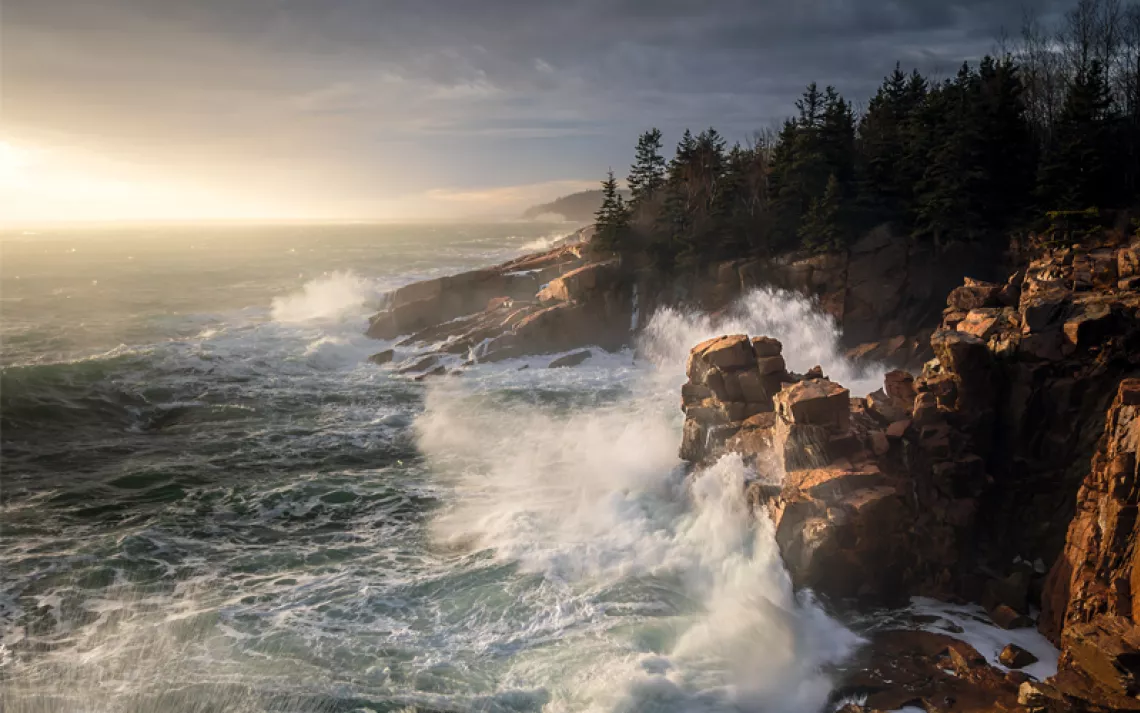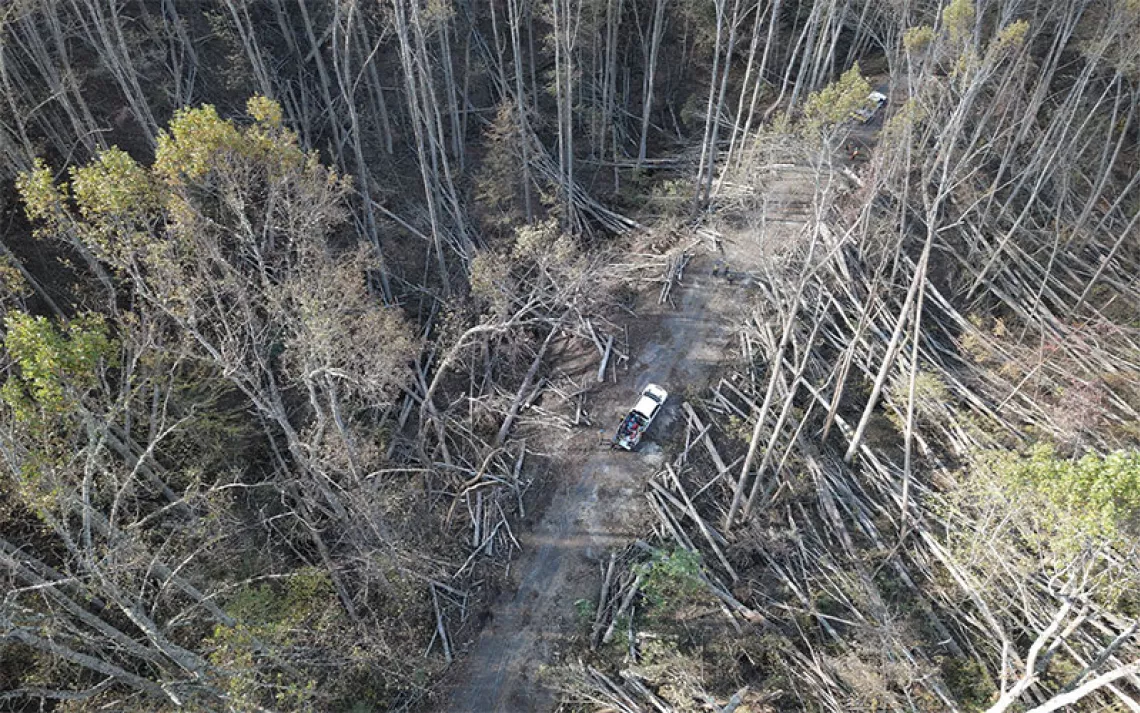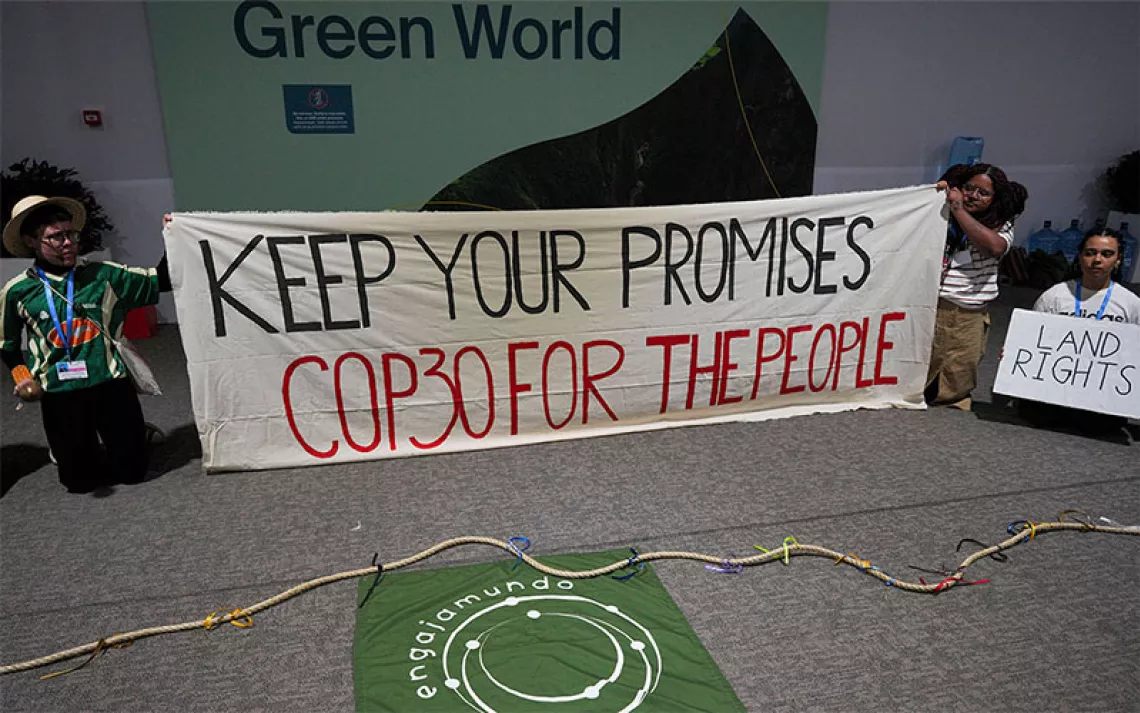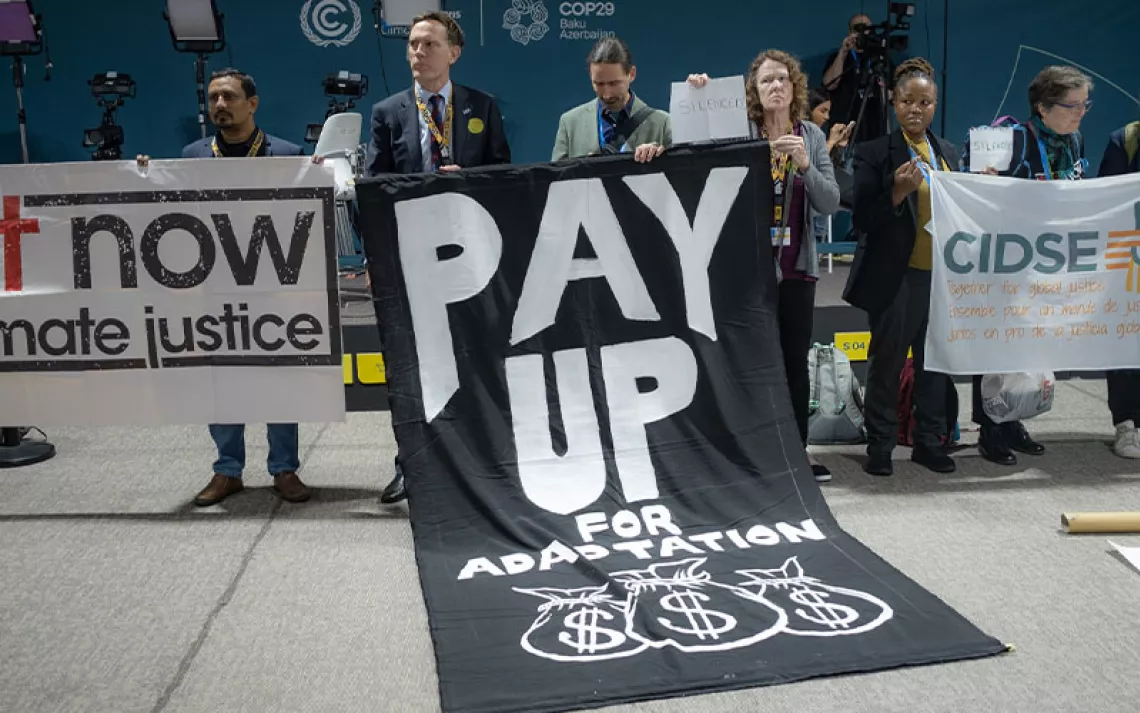ICYMI: Valentine From Mercury, Why Blueberries Are Blue, Turning Hurricanes Up to 6 & Time for the Space Umbrella?
Environmental news of the week for busy people
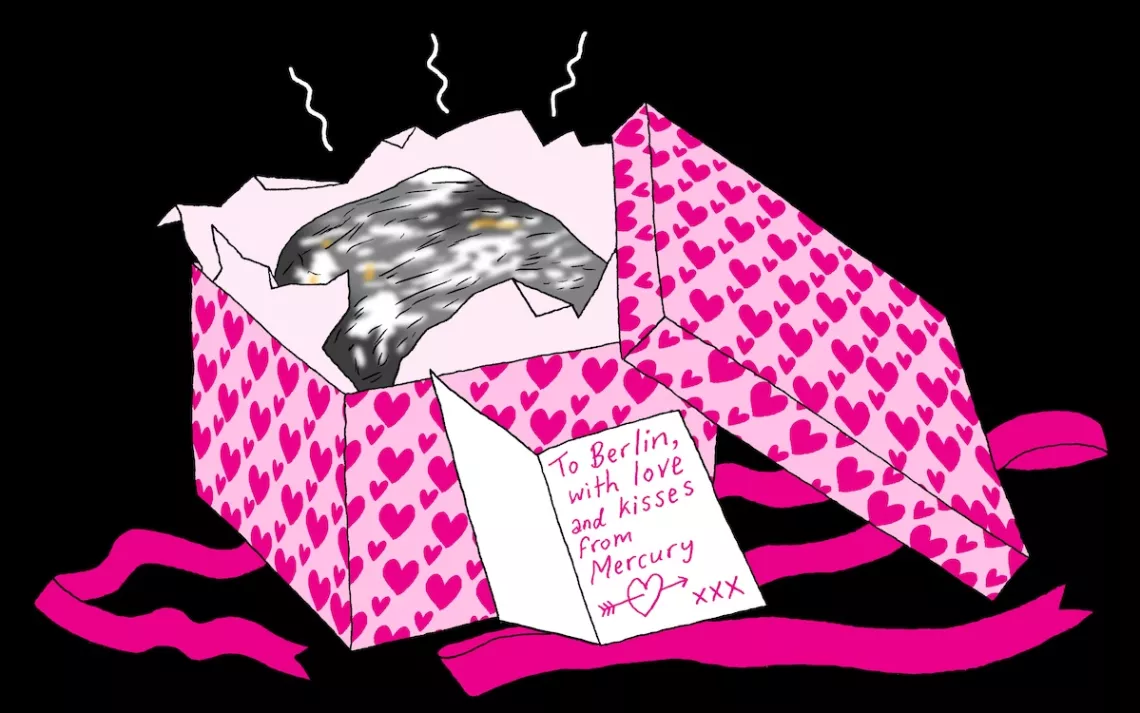
The meteor that landed near Berlin on January 21 may have originated on Mercury.
Ten percent of premature births can be linked to phthalates, chemicals found in common plastics.
A fast-charging station at a Lakeland, Tennessee, Waffle House is one of the first federally funded National Electric Vehicle Infrastructure projects.
The Biden EPA announces tougher standards on fine particulate matter air pollution, a.k.a. soot. The move will increase pressure on US utilities to close coal-fired power plants.
Bank of America walks back its promise not to finance coal-fired power plants, coal mines, and oil and gas projects in the Arctic.
BP, which pledged in 2020 to reduce oil production by 40 percent, largely abandons its offshore wind plans in favor of prioritizing fossil fuels. The company also announces a record $28 billion profit for 2022.
Local governments are banning clean energy projects more often than they are permitting them.
Parts of Los Angeles record more than a foot of rain in 24 hours.
Massive forest fires in central Chile kill at least 112 people.
Heat and drought are blamed for the second-lowest recorded number of monarch butterflies returning to their wintering grounds in Mexico.
The aggressive Lone Star tick expands its range from Florida to Maine and as far west as Nebraska. It can carry a variety of diseases, including alpha-gal syndrome, which induces an allergy to red meat.
Volunteers use camels to help replant Joshua trees in burned areas of the Mojave National Preserve.
The Fort Yuma Quechan Indian Tribe calls for the establishment of a new, 390,000-acre Kw’tsán National Monument to protect the tribe’s homelands.
A new study reveals why blueberries—whose skin is actually dark red—appear blue: Tiny structures in their waxy coating scatter blue and UV light.
Climate scientists propose extending the Saffir-Simpson Hurricane Wind Scale intensity to Category 6, a cyclone with sustained wind speeds of at least 192 miles per hour.
The pod of 13 orcas trapped in drift ice north of Hokkaido, Japan, manages to escape.
The annual count of moose and wolves at Isle Royale on Lake Superior is canceled for only the second time since 1958. (The first was in 2021 because of Covid.) This year, unseasonably warm weather prevented the safe landing of the scientists’ ski-plane.
The US Fish and Wildlife Service declines to restore endangered species protection for the gray wolf.
Utah Republican legislators try to prevent state and local governments from granting legal personhood to the Great Salt Lake or other natural features. Corporations would remain persons under the law.
A team of Israeli scientists says it is ready to start testing the deployment of giant space parasols to mitigate global warming.
 The Magazine of The Sierra Club
The Magazine of The Sierra Club
